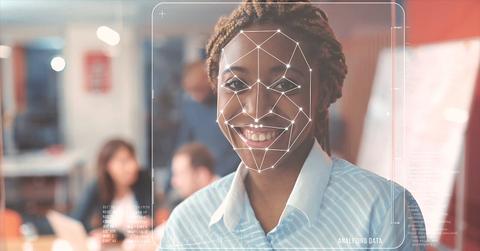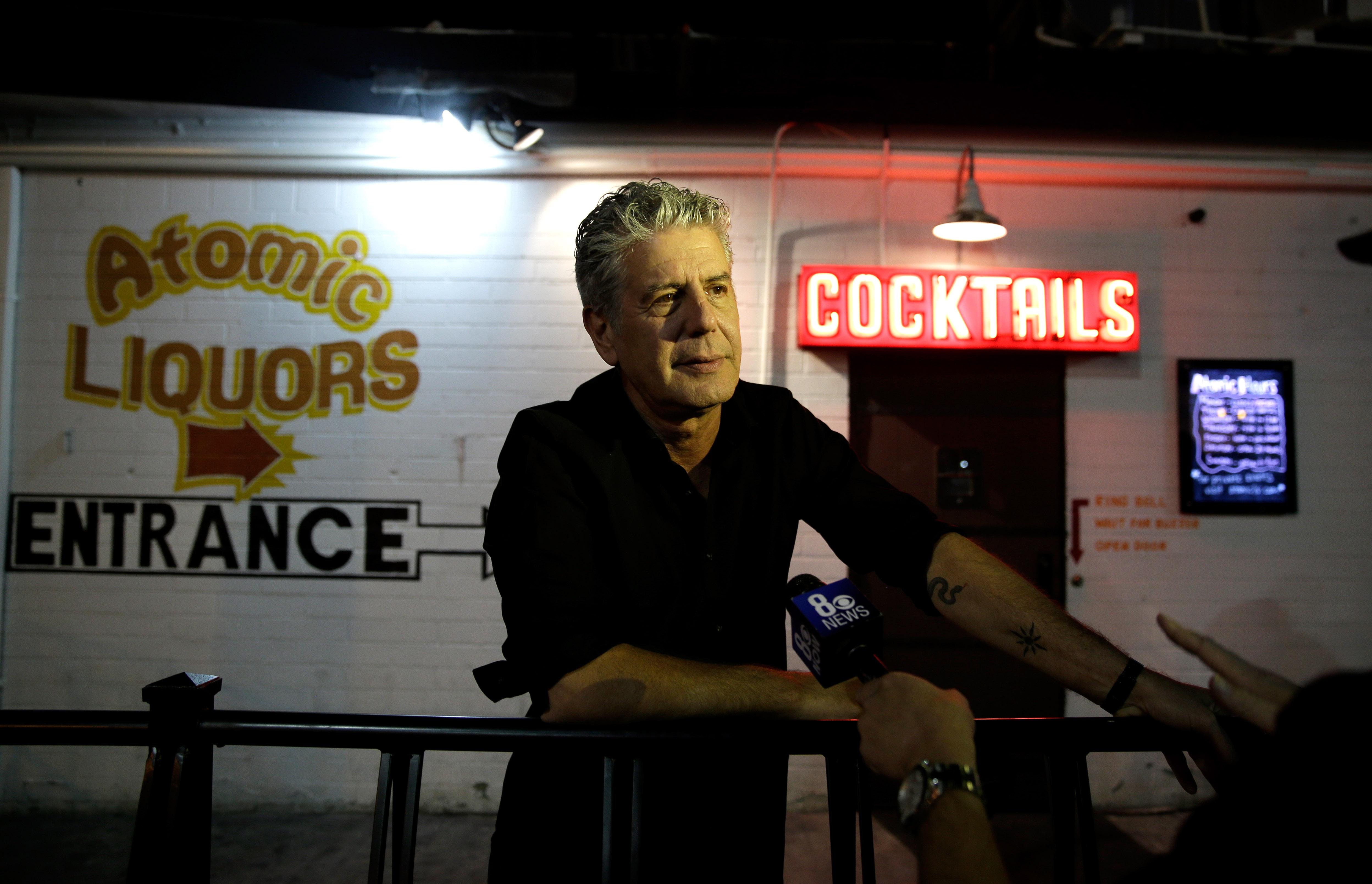These Companies Are at the Helm During the Deepfake Era
Deepfake technology comes with its own set of ethics. What is deepfake technology? Which companies are central to the AI pivot?
July 19 2021, Published 12:10 p.m. ET
The media manipulation technology that creates deepfakes, or synthetic audio or video built from artificial intelligence, is a wholly 21st Century creation. Some leading companies and startups are specifically tackling deepfake development.
With their focus on forced media, it isn't a surprise that deepfake technology comes with questions of ethics. Regardless, the industry is growing.
Why there's a question of ethics in deepfakes
On July 16, a documentary about the late chef and traveler Anthony Bourdain came out called Roadrunner: A Film About Anthony Bourdain. In it were three lines that weren't actually spoken by Bourdain, but rather created as an audio deepfake of emails or other written communications that he sent out.
Filmmaker Morgan Neville said he got permission from Bourdain's literary executor and widow, the latter of whom denies giving permission for the makers to use deepfakes in the film.
For that, Neville's movie has been constituted as unethical by a variety of critics, including Sean Burns, who wrote on Twitter, "I feel like this tells you all you need to know about the ethics of the people behind this project."
In addition to filmmakers and other media creators, software companies that develop deepfakes are part of the ethical inquiry. People and companies can use the technology to fool viewers into thinking that someone said or did something when they didn't. In Bourdain's case, the deceased can't speak up for themselves, and Neville's approval process was informal at best.
Startups focusing on commercializing deepfakes
Deepfake tech is primarily underground, but some companies—like the one commissioned by Neville for the Bourdain documentary—are commercializing it.
Modulate focuses on faking audio with AI. The founders of Guitar Hero creator Harmonix launched Modulate to transform people's voices into someone else's.
While Topaz Labs augments images, Meograph takes things up a notch. It converts two-dimensional faces into three-dimensional avatars.
Anti-deepfake companies to know about
It isn't just deepfake companies you should be aware of. There are also businesses tackling the other side of the deepfake coin.
This includes Sensity, which has developed a platform that can detect the presence of deepfakes, much like antivirus software detects the presence of a virus.
Then there's Operation Minerva, which has the ability to detect modified versions of videos that already exist on the web.
Meanwhile, OARO is another big company with a whole slew of authentication and verification software that works for deepfake media.
Are there any publicly traded deepfake companies?
Right now, deepfake companies seem to be operating in the startup world, which means that they haven't achieved publicly traded status yet. It's possible that they will need to clean up the ethical clutter before being welcomed into the market by investors.
As for the companies looking to regulate the deepfake world, they might be more inclined to join the cybersecurity industry on the stock market in the near future.


